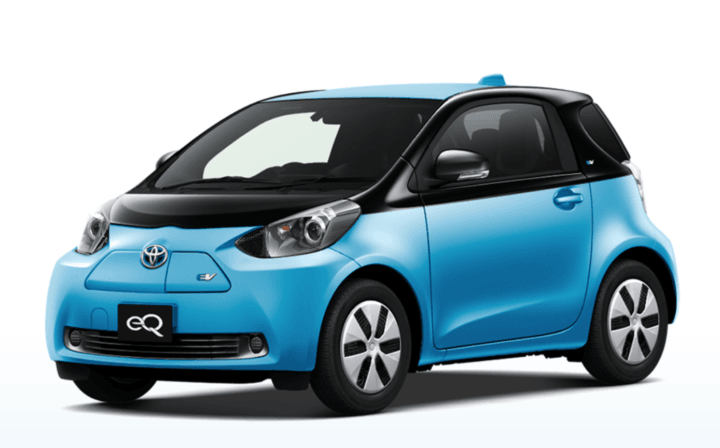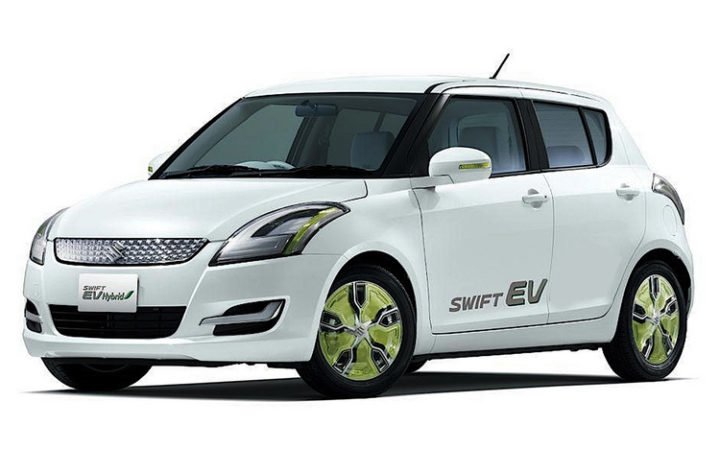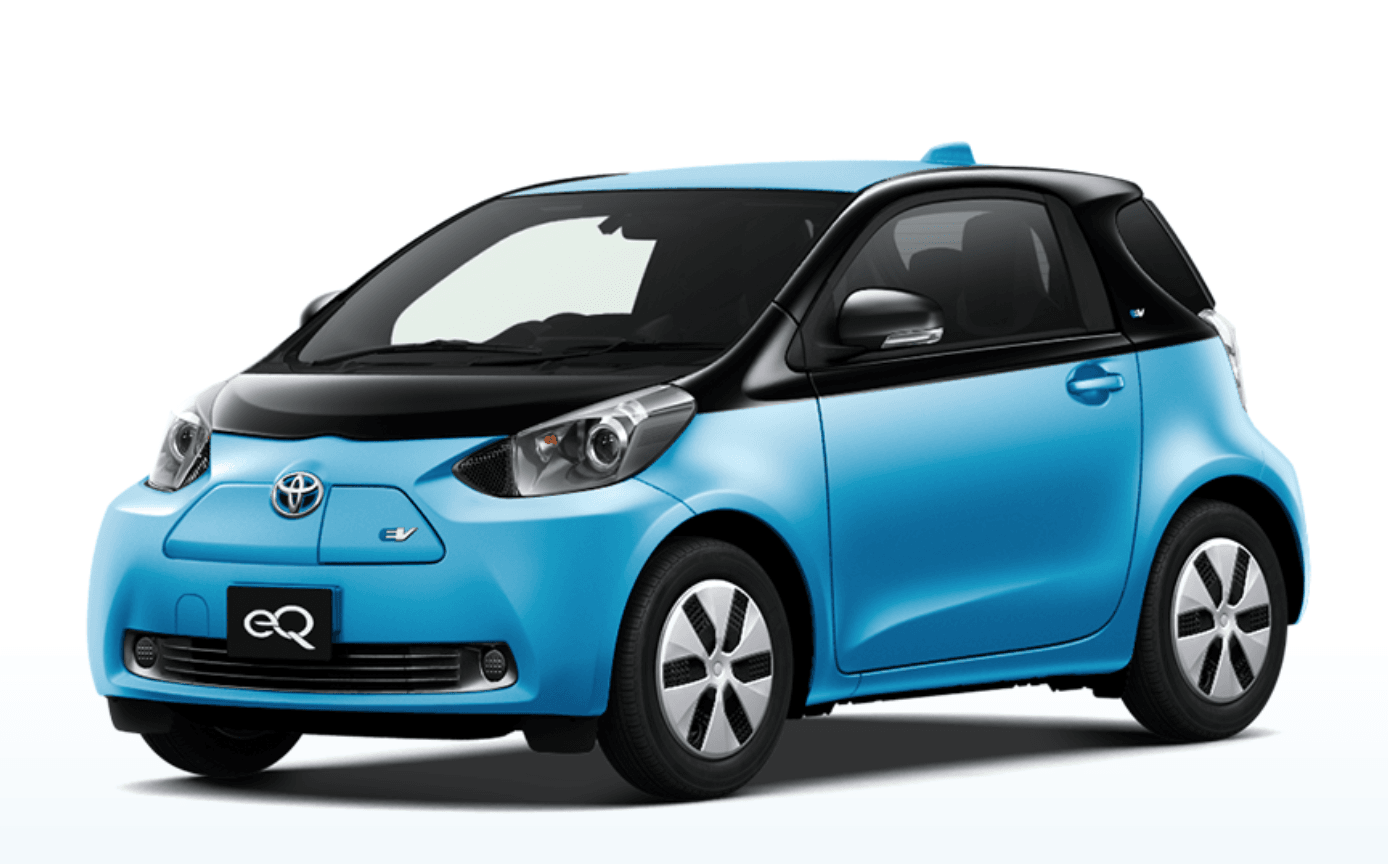Two Japanese majors namely, Suzuki Motor Corp and Toyota Motor Corp have announced a joint venture to produce electric vehicles for the Indian market. Both companies signed a MoU in February this year and the progress towards the achievement of goal have already begun.
The initial product to be showcased or launched as early as 2020. The JV will benefit from local manufacturing, hence keeping the cost of the final product in check and the technological superiority these auto-makers hold. Maruti Suzuki, a subsidiary of the Japanese giant Suzuki Motor Corp. already holds the largest market share when it comes to product sales and has the widest sales network in the Indian subcontinent.

image- Toyota Electric Car for illustration only
Suzuki Motor Corp. will hold the charge of R&D and manufacturing of the final product and the same will be supplied to Toyota as well. The former has already allocated a part of their Gujrat factory to manufacture Lithium-ion batteries and the same will be done in collaboration with Toshiba Corporation and Denso. The aforementioned part being the most important and expensive part of an electric vehicle is being worked out initially.

image- Suzuki Electric Car For Illustration
Apart from manufacturing, Suzuki Motor Corp. will also cater to local sourcing of the major components, like the electric motor, helping the Indian Government to fulfil it’s Make In India initiative. Both the automakers will be conducting a comprehensive study towards widespread acceptance of electric vehicles in India and educate the citizens for popularisation of EVs. The study will also encompass the establishment of charging stations, human resources, wherein, the sales and service network will be established and a system for recycling end-of-life batteries.
This move comes in after the aforementioned automakers failed to even participate to supply electric vehicles to the Union Government. The same was bagged by Mahindra & Mahindra and Tata motors for both of these companies have been developing electric vehicles for the Indian and well as global market. Earlier this year the Indian Government announced it’s plan to have only electric vehicles plying on its roads by 2030 as a part of its commitment to reduce greenhouse gas emissions and to save on an already bloated oil imported bill.


